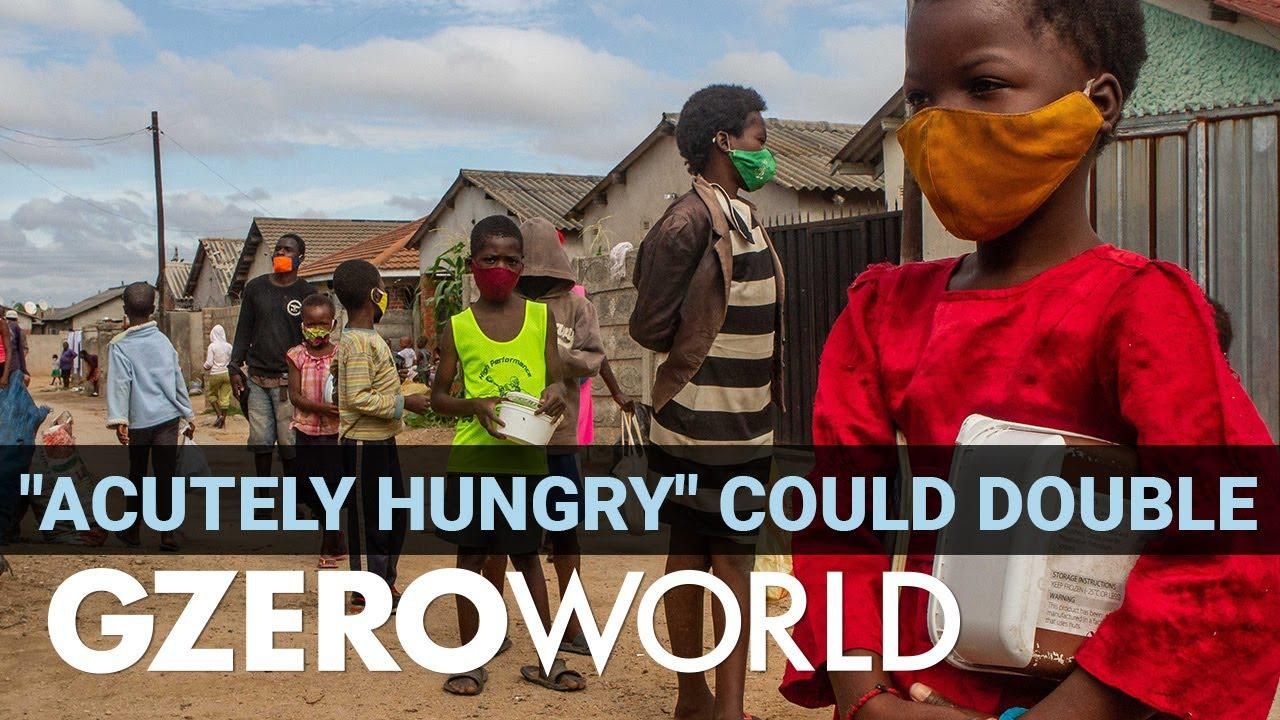GZERO World Clips
Danger to the acutely hungry: lack of access, or lack of money

Danger to the Acutely Hungry: Lack of Access, or Lack of Money | GZERO World

Where will the war make most people go hungry?
The pandemic pushed some 275 million people into acute hunger around the world. How many more will struggle to find their next meal due to the war in Ukraine?
About double that amount, estimates Ertharin Cousin, former head of the UN World Food Programme.
She tells Ian Bremmer that conflict-affected countries are especially vulnerable because their populations depend on the WFP's ability to provide food assistance, but not the only ones in deep trouble.
In low-income nations like Bangladesh, Burkina Faso, Guatemala, Haiti or Mali, people will also go hungry as prices rise because governments can't afford to subsidize food.
"As a result," Cousin explains, "you'd have more people slipping into a position where food is maybe available, but inaccessible because they cannot afford it."
Watch the GZERO World episode: A perfect storm of food insecurity: a problem for all of us
In this Quick Take, Ian Bremmer reacts to President Trump’s State of the Union address, calling it “a rehashing of the greatest hits” with little new policy direction.
Small business hiring surged 7% above the 2024 average in December, led by a surprise rally in retail. But with uncertainty still historically high and mounting concerns over tariffs, can this momentum survive 2026? Explore the data behind the resilience of the US small business sector. Get the latest economic insights from Bank of America Institute.